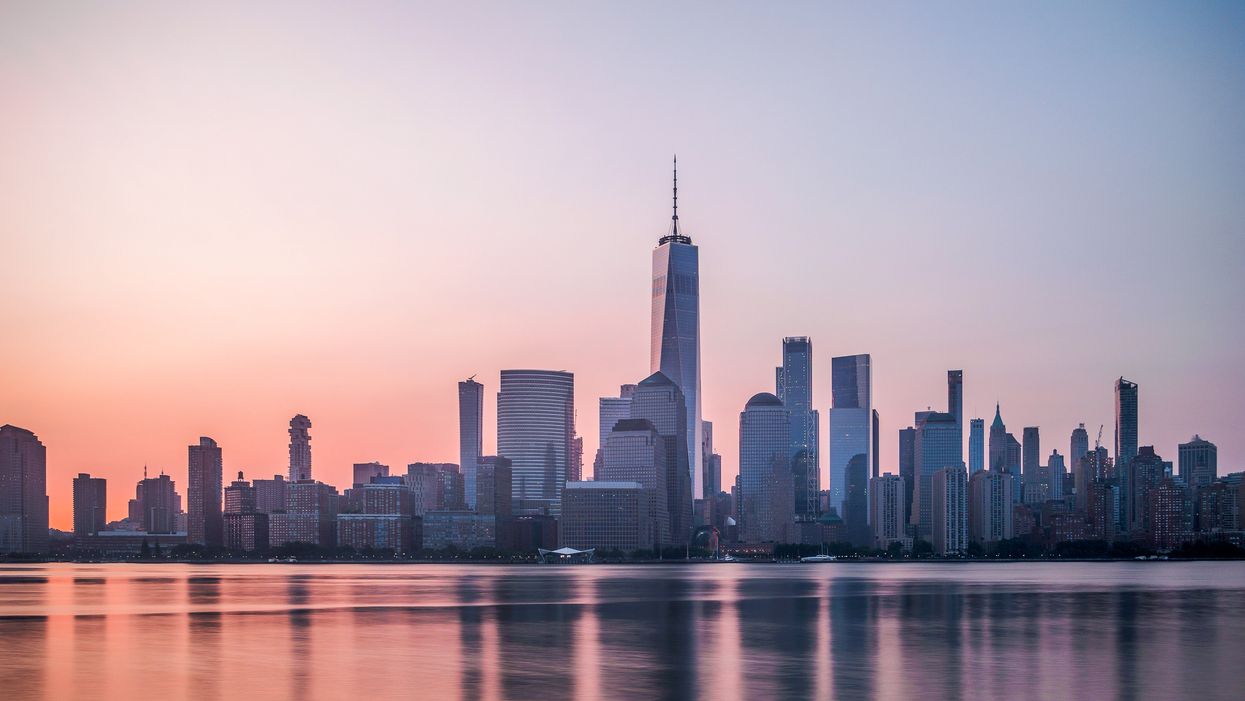The biggest moment yet for ranked-choice voting, next year's election for mayor of New York, is facing big pushback from politicians in the city who argue the system would disenfranchise nonwhite voters.
Fifteen members of the City Council's Black, Latino and Asian Caucus have launched a bid to delay the use of ranked elections. The nation's biggest city voted a year ago to become the largest jurisdiction in the country to embrace the system, which has emerged as a favorite innovation in the world of democracy reform because of its capacity to promote consensus candidates and diffuse polarizing politics.
But the council members, in a letter Friday to Council Speaker Corey Johnson, said the switch should be put off for two years. There is not enough time, they said, for the oft-criticized Board of Elections to educate an electorate of 5 million that is preoccupied by the coronavirus pandemic — and the absence of sufficient outreach will be felt most acutely by minority voters.
So-called RCV is to be used for primary and special elections for mayor, city council and other municipal offices, allowing voters to rank as many as five candidates in order of preference. The city is so overwhelmingly Democratic that the party's mayoral primary in June will be tantamount to election.
Use of the system — which ends up producing a winner who can claim to have the support of most voters — would have an enormous impact on a mayoral contest in which nearly a dozen Democrats are running to succeed Bill de Blasio, who has reached his two-term limit. Without RCV, one of them could win with only a small fraction of the primary vote.
The Board of Elections plans to begin a public education campaign and poll worker training on ranked-choice voting at the end of December. Two RCV advocacy groups have already begun training campaigns and voters on the new election system.
The first ranked election is supposed to be a Feb. 2 special election to fill a council seat. But the caucus members say six weeks is not enough time.
The election board's "history of failure was underscored this year by a series of embarrassing incidents that many New Yorkers of color rightly perceive as akin to voter suppression: prolonged delivery of absentee ballots, mailing of erroneous absentee ballot envelopes, several hours long waits at poll sites," they said. "Rather than forge ahead with BOE's slipshod implementation process, we have an obligation to pause this transformation."
The switch could be postponed through municipal legislation. Supporters of RCV say doing so would subvert the will of the city, where 74 percent voted for the change only a year ago.
Under ranked-choice voting, if no candidate wins outright by receiving a majority of first-choice votes, an instant run-off system kicks in. The candidate picked No. 1 on the fewest ballots is eliminated, those ballots are reassigned to the second choices, and the process repeats until one candidate is shown to have the support of a majority of voters.
Proponents say the system produces candidates who are more reflective of an electorate's voice, whereas a plurality system favors candidates with a narrow but passionate base. Supporters also say RCV bolsters turnout and the chances of nonwhite candidates.
One of the most prominent Black candidates for mayor, Brooklyn Borough President Eric Adams, favored RCV a year ago but has now joined those calling for a delay.




















Marco Rubio is the only adult left in the room